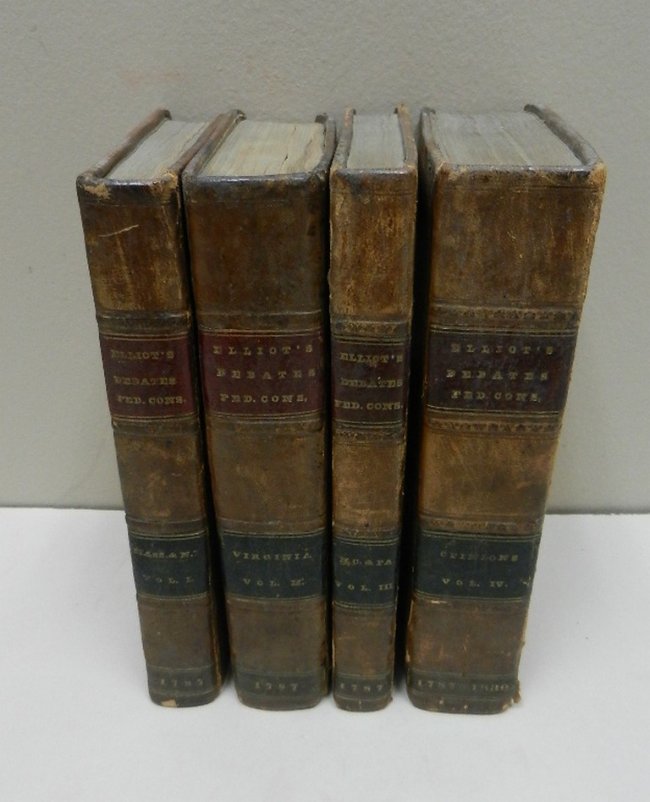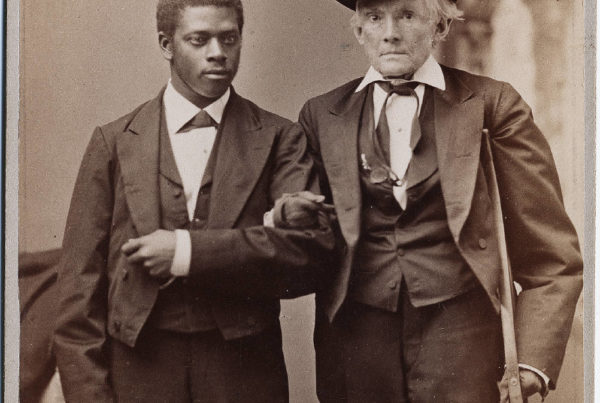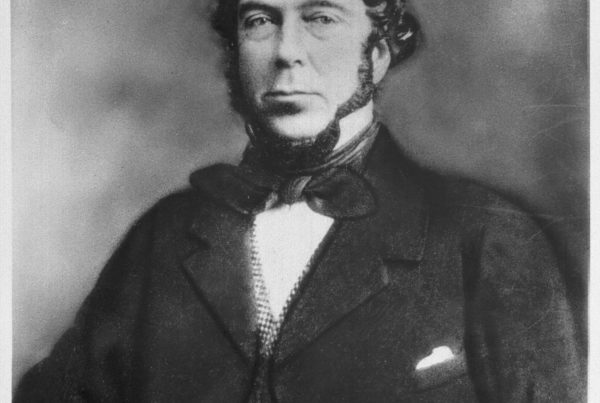This piece was originally published on 3 July 2014 and is reprinted in light of current events.
Are you puzzled and irritated by the viciousness and falsity of most of what is being published these days about the South and Southern history? The beginning of all wisdom on this subject is to know that in American public speech and so-called scholarship there is usually no effort to understand the South, like any other human phenomenon, as it is. Rather the South is raw material in a morality play about American, that is, about Northern righteousness.
The South is the red-headed stepchild in the American story. Or as Thomas Landess has put it, the South is a swarthy villain who threatens to carry off the fair maiden America unless he is suppressed by the blond hero of the North.
My favourite example of this was a statement a few years ago by an Ivy League intellectual. America, he said, is threatened by increasing violence because of the spread of the “Southern gun culture.” This was written at the time of Timothy McVeigh from New York and the U.S. Army, the Unabomber from Harvard and Berkeley, and the Columbine shooters—none of whom were Southern or, except for the latter, used guns.
You see the assumption guiding this great thinker. If there is evil in America it must be because it is oozing out from Dixie, known to good people as the source of all evil in an otherwise pure and righteous country. The distorted thinking, the hatred, and the projection of evil onto others are evident. Unfortunately, much of the history of the South is being written today by people who accept without question the unexamined and self-flattering assumptions of this person.
Another story to get at my point. A few years ago, when the controversy of the Confederate flag on the South Carolina capitol was raging, I read that the students at the University of Washington State, out on the Pacific, were rioting over the flag. I daresay that a Southerner can go for months without even thinking about Washington State (though I did enjoy the trip with my children to see the whales in Puget Sound). A Southerner would never be so presumptuous and unneighbourly as to attempt to dictate to the people of Washington State, but they feel it is their right to discern our faults and correct them. We are talking about two different national characters here.
The young son of a family I know, museum-quality specimens of Midwestern liberals, recently wrote to the President about the oil situation. Mr. President, he said, you should do away with cars and make everyone ride horses. However much a Southerner might prefer horses to gas-guzzlers, it would never occur to one of us that the first thing to do was to demand that the government undertake universal enforcement of our preference. This is normal behaviour for a Yankee and is even considered a mark of superior virtue and intelligence.
I could cite a thousand examples of how all this strange mentality vents itself among historians who at the present time have distorted not only Southern, but American and African-American history to the point of pervasive falsification.
In the 1830s a publisher called Jonathan Elliot collected and brought out a work called DEBATES IN THE RATIFICATION CONVENTIONS OF THE SEVERAL STATES ON THE U.S. CONSTITUTION. At that time very little documentation about the formation of the Constitution was available. A well-known American historian once told me that the publication of “Elliot’s Debates” was part of a States’ Rights conspiracy by John C. Calhoun. Elliott was not a Southerner and his work was good scholarship that made available some authentic documents about vital matters that ought to have been welcomed by anyone. But since the thrust of the documents supported the Southern view of the Constitution, their publication was obviously evilly motivated. This is the explanation that fit his unconscious bad-South scenario of American history.
Another example: Historians have been at great pains to explain why South Carolina was so exercised about the tariff that it defied the federal government by Nullification. Why were they so hot and bothered about this unimportant matter? They must have really been crazed with fear of their slaves, or they were lashing out because of their anxiety over soul exhaustion and population loss. Historians can’t accept what they plainly said: that they were tired of being ripped off by federal legislation that picked their pockets to benefit some rich people at the North, that they could prove that this was the real economic effect of the tariff, and that they thought the Union should be of mutual benefit to all rather than a burden to some and benefit to others. But since we know that Southerners, unlike Northerners, are always up to no good and we can’t believe anything they say, we have to find the hidden cause.
A common trick of the falsifiers is to neglect to ask the question—compared to what? For instance, it is commonplace to assert, without any real evidence, that the antebellum South was dominated by a few of the wealthiest slaveholders who lorded it over the rest of the population. Granted that rich people have more say so in any society than poor people, we ought to ask the question: did the wealthy in the Old South have more power than the wealthy in the North or Europe? Or less power? Or the same amount? It is never even felt necessary to ask the question. We announce that we have found something in the South that we don’t like; ergo, we are free to assert that this bad thing particularly characterizes the South.
The current fad is to treat everything good that Southerners say about the Confederacy as part of a “Lost Cause Myth” that Southerners made up after the fact to rationalize their failure and their evilly motivated attempt to destroy the greatest government on earth. Robert E. Lee was not really a great general, Confederate soldiers were not really brave and out-numbered, the people really did not support the Confederacy, a distinct Southern culture was merely a pretense to defend slavery, etc., etc., etc. In the face of vast contradictory evidence, it is simply declared that everything positive Southerners said about themselves was a lie they made up and told after the fact. A catalog I picked up just a few days ago reported new books: “The Myth of Jefferson Davis” and “The Myth of Bedford Forrest.” You see, Southerners always make up flattering stories about themselves while Northerners just tell the true facts.
Southerners are intrinsically evil and Northerners intrinsically good. The South is not to be understood for itself, as it is and was, as something with its own life and identity. It exists only as the bad side of America.







